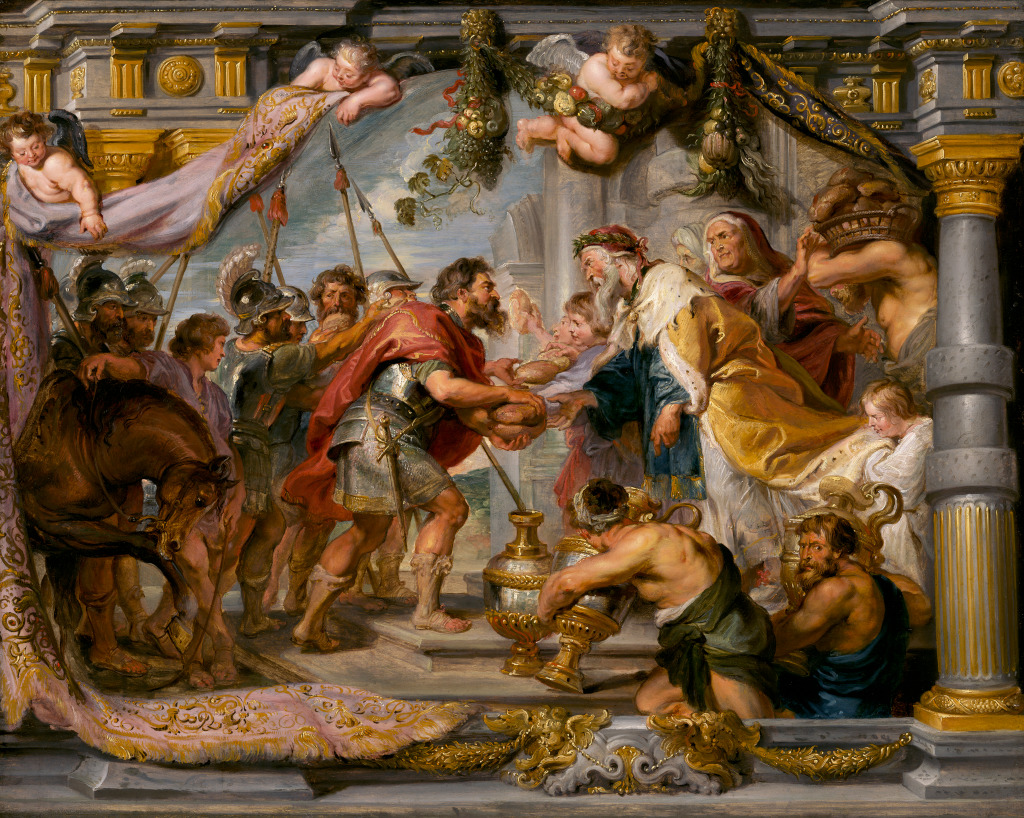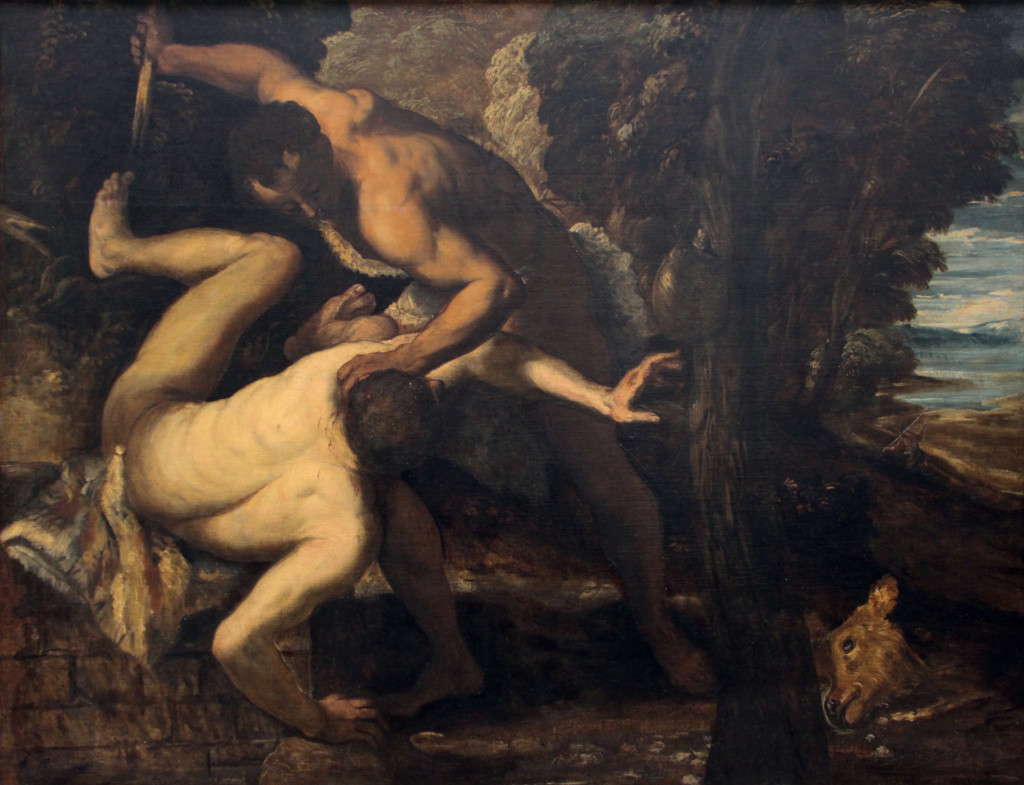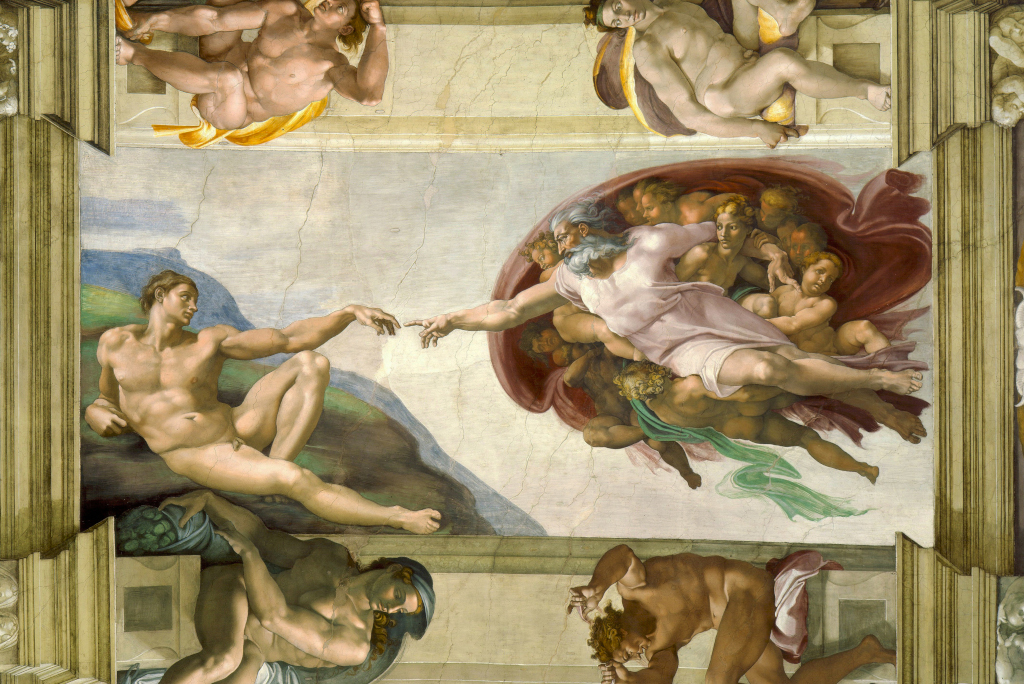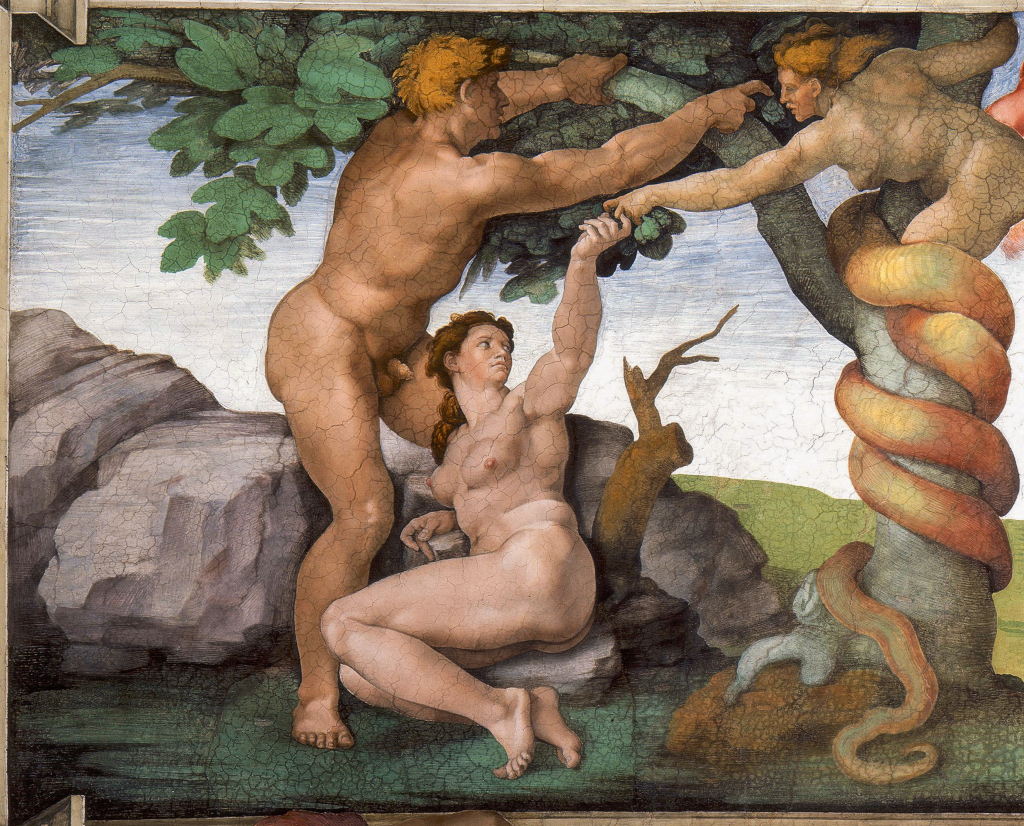I carried you on eagles' wings and brought you to myself. —Exodus 19:4

Mom and Dad Eagle at their new nest in Norfolk Botanical Garden, 31 January 2008
A spiritual journal devoted to the Greatest Commandment
Love the Lord your God with all your heart and with all your soul
and with all your mind and with all your strength. (Mark 12:30)





We're not exactly sure what Joseph means by "All shepherds are detestable to the Egyptians" (46:34).... Most likely this was an issue of class, that herding sheep was below the dignity of upper class Egyptians. Being an owner of livestock is different from being a shepherd, just like a rancher is considered a cut above a cowboy. —Ralph F. Wilson, The Life of Jacob
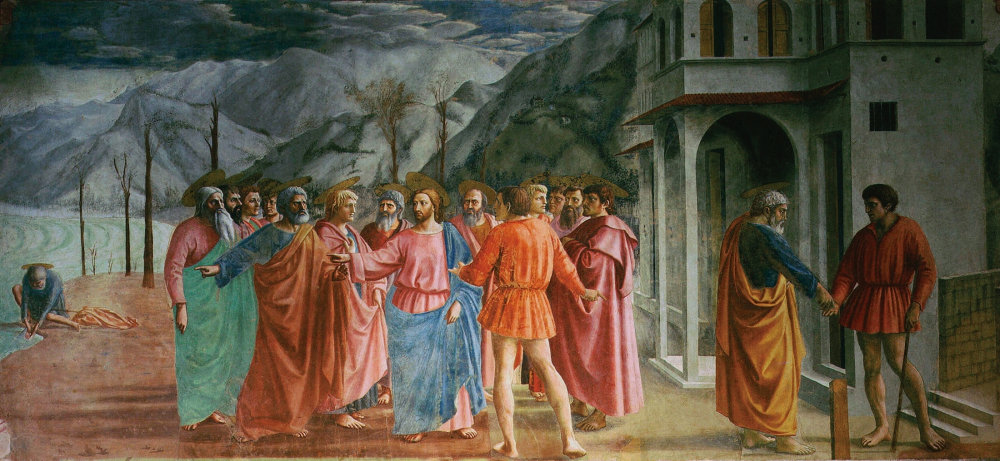

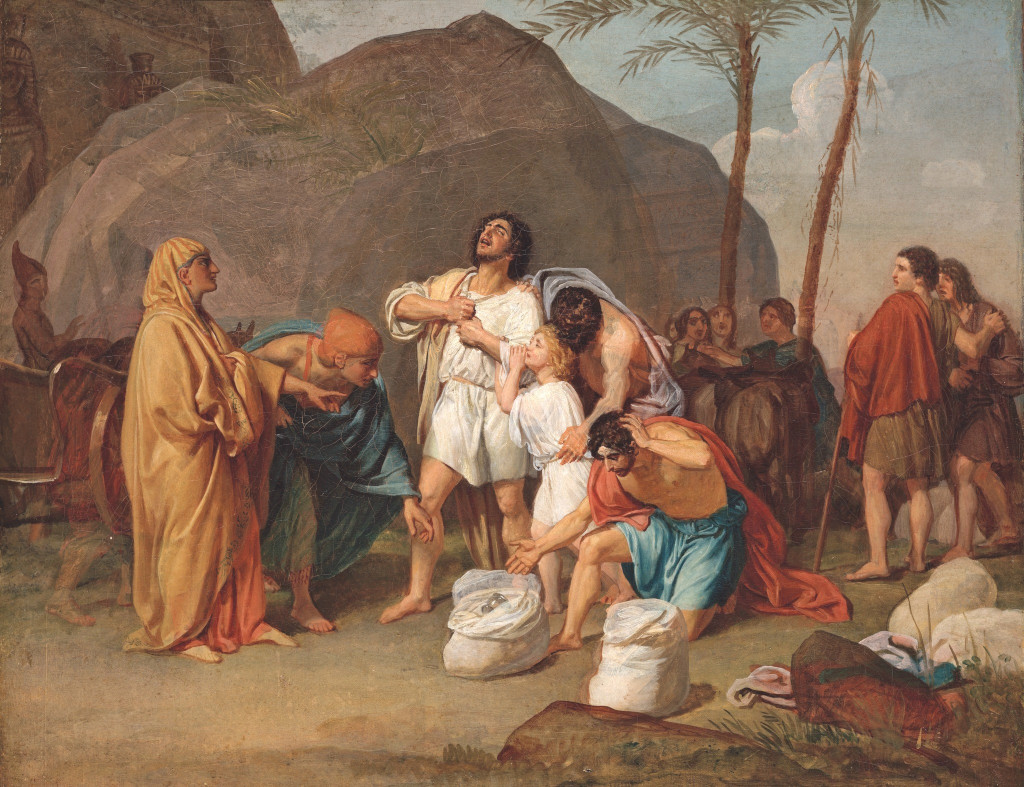

The plan seemed good to Pharaoh and to all his officials. So Pharaoh asked them, "Can we find anyone like this man, one in whom is the spirit of God?"Imagine President Bush appointing a prisoner from Guantanamo Bay to head up the Department of Homeland Security.
Then Pharaoh said to Joseph, "Since God has made all this known to you, there is no one so discerning and wise as you. You shall be in charge of my palace, and all my people are to submit to your orders. Only with respect to the throne will I be greater than you." (vv. 37-40)
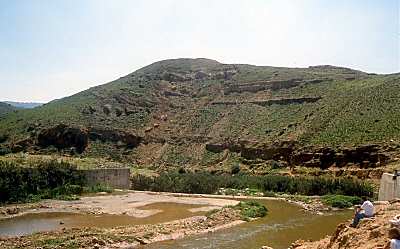
Then Jacob took his family across the Jabbok River, but he spent the night alone on the opposite side. That night a "man" wrestled with him until daybreak. When the man touched the socket of Jacob’s hip, it was wrenched. Jacob then told the man, "I will not let you go unless you bless me." Jacob's name was changed to "Israel," and Jacob called that place Peniel, saying, "It is because I saw God face to face, and yet my life was spared" (Gen 32:30). Peniel/Penuel is the hill pictured, according to this author. —from BiblePlaces.com. Click here for more photos and information about this location.Rembrandt Harmensz. van Rijn 1606–1669


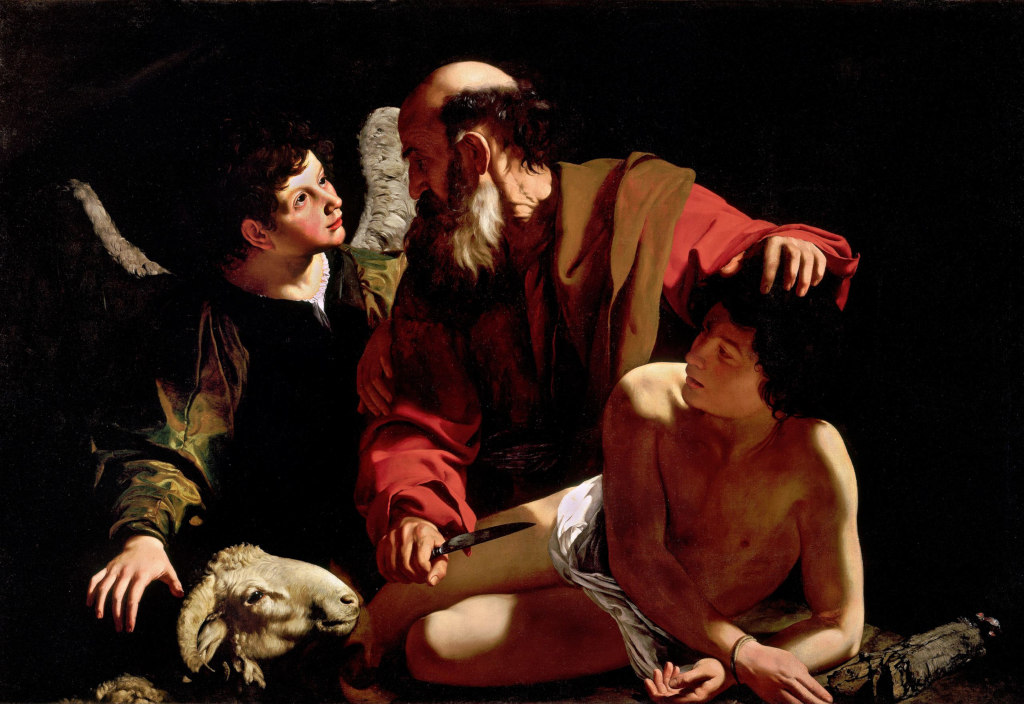
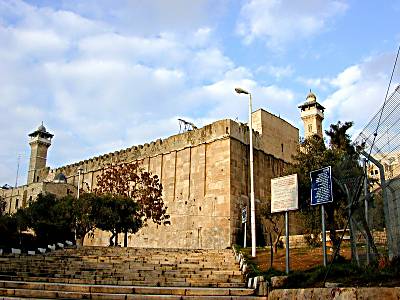



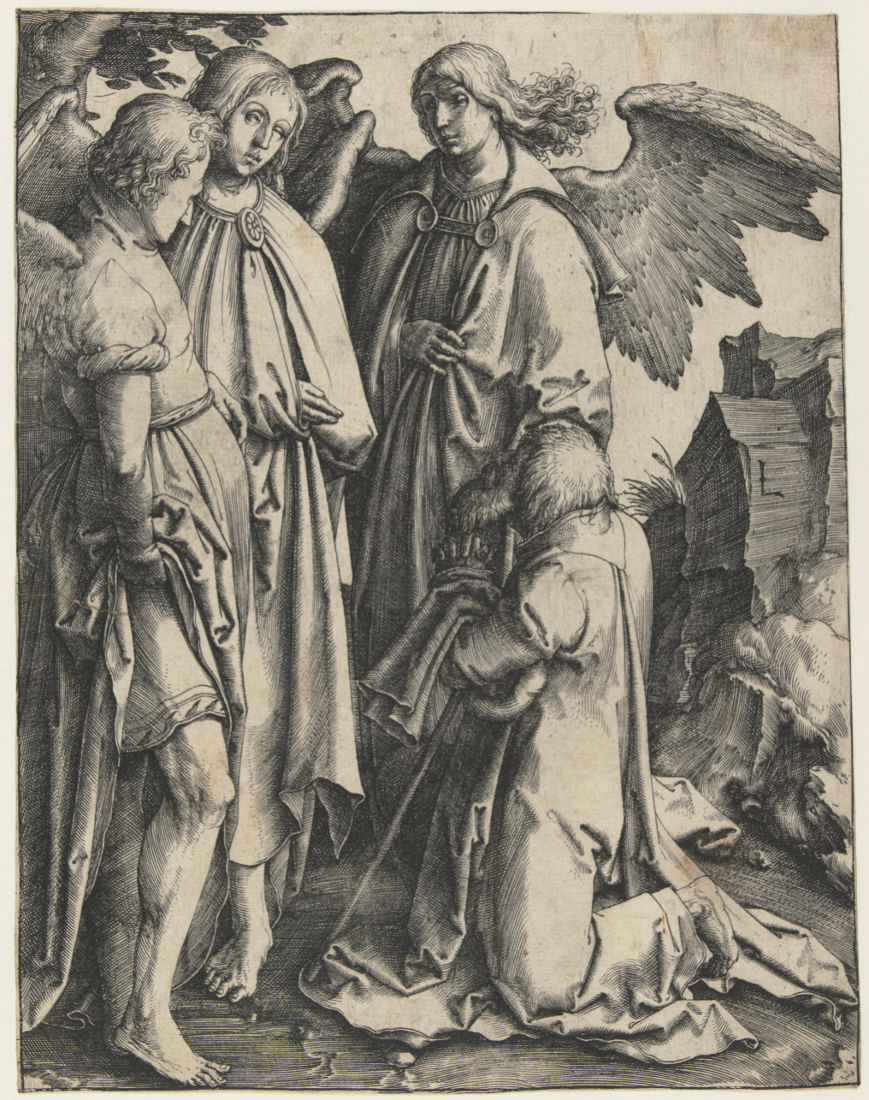
a feast having to do with the infancy and baptism of Christ. By the fourth century the eastern church observed it as one of the three principal feasts of the church year (the other two were Easter and Pentecost; Christmas didn't become popular until later). In the western church, which did not get Epiphany until the fourth century, the feast took on a completely different character. There it was associated with the coming of the magi (wise men) bringing gifts to baby Jesus, and scant mention was made of Christ's baptism. The eastern church still links Epiphany with the baptism of Christ. —Christianity History InstituteWe don't know where the magi found Jesus, and we don't know exactly when (we know only that Jesus, according to Herod's calculations, was two years of age or younger). But we do know what the magi did when they located the child. As we read yesterday:
On coming to the house, they saw the child with his mother Mary, and they bowed down and worshiped him. Then they opened their treasures and presented him with gifts of gold and of incense and of myrrh. (Matthew 2:11)Their response was like that of King David when he entered the Lord's house:
But I, by your great mercy,Our church does not officially celebrate Epiphany, but our service today had the sense of epiphany in that our worship celebrated "the manifestation of the divine nature of Jesus to the Gentiles."
will come into your house;
in reverence will I bow down
toward your holy temple. —Psalm 5:7



